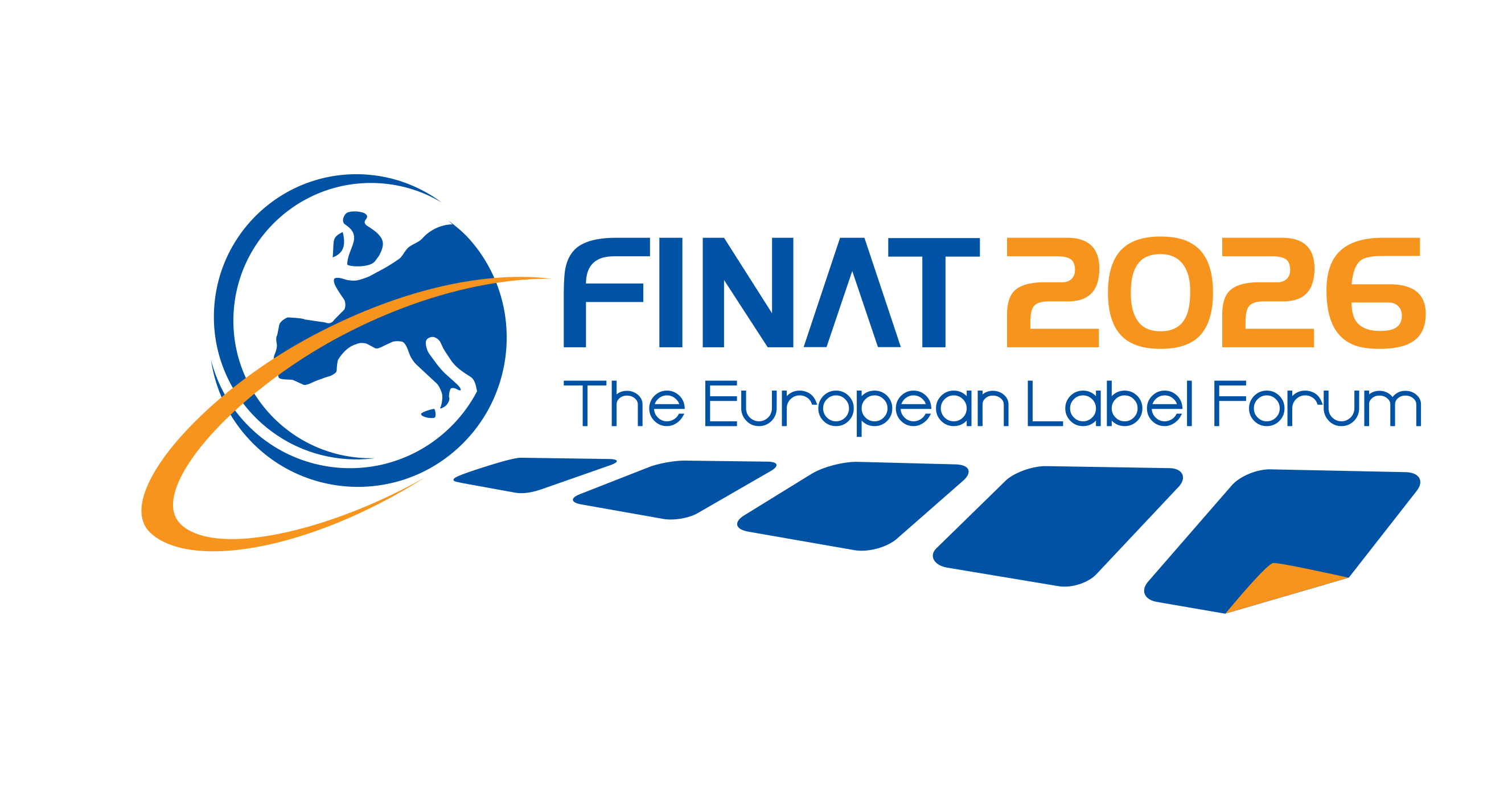The way it looks now, the PPWR will become a reality before the European elections in June. How is our industry prepared for the targets and goals set by this legislation, like recyclability, reuse/refill, recycled content, compostability, restriction/reduction of packaging, EPR...?
During this year’s FINAT European Label Forum, FINAT’s Regulatory Affairs Manager Pablo Englebienne will give a brief summary and will then host a panel of distinguished experts who will reflect on these topics. What challenges do they see for the label industry?
Fabrizio Di Gregorio, Technical Director at Plastics Recyclers Europe (RecyClass) says: ‘The PPWR calls for mandatory recyclability and post-consumer recycled plastic in plastic packaging. Labels can hamper or facilitate plastic packaging recycling based on their design. Reliable and fact-based design criteria are key to driving the plastic industry toward plastic circularity. Thus, RecyClass developed a series of testing procedures to prove the characteristics of labels are compliant with sorting and that they are easily separable from the packaging during the recycling process.’
According to Marzia Scopelliti, Senior Public Affairs Manager at Europen: ‘The Packaging and Packaging Waste Regulation (PPWR) introduces several new sustainability requirements that all packaging will have to comply with to be allowed on the EU market as of 2030. From recyclability and recycled content targets to harmonised labelling and information requirements, the Regulation presents both challenges and opportunities. But is the European packaging industry ready to comply with new EU rules on packaging? The FINAT European Label Forum is an opportunity to bring awareness on the main expected impacts of the new PPWR and discuss which framework conditions are still needed for the Regulation to be successfully enforced.
Suvi Rasa, Sustainability Manager at UPM Raflatac, adds to that: ‘The goal is now clear: from 2030 onwards, all packaging will be designed for recycling. However, there are still uncertainties regarding the criteria for recyclable packaging. It’s crucial that the perspectives of the entire packaging value chain are considered when establishing these criteria. Collaboration is a key element in enabling recyclable packaging that can be appropriately labeled for information and branding, while meeting the necessary standards for consumer use, safety, and sustainability.’ UPM Raflatac also published the following article on this matter: Towards a Circular Economy with Recycling Compatible Label Materials | UPM Raflatac
Other panelists will be Graham Houlder of Ceflex, Sergio Collado of Sulayr Global Service, and Noel Kasmi of Avery Dennison. Make sure to attend this panel on Thursday afternoon so you are fully updated on all there is to know about the EU Packaging and Packaging Waste Regulation.
